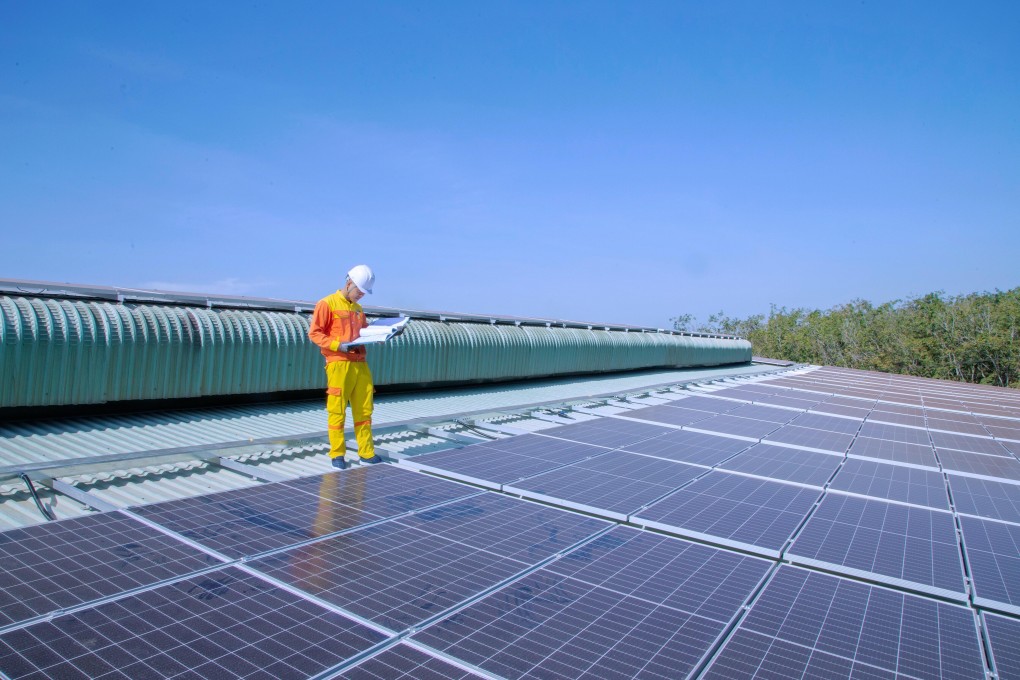Can the GBA facilitate cross-border collaboration in the battle against climate change?
- Climate change poses a great risk to the Greater Bay Area, and co-operation between the public and private sectors across this region will be necessary as the need for action becomes progressively more urgent
- How can Hong Kong and the rest of the Greater Bay Area work through the challenges associated with collaboration and come together to mitigate and adapt to climate change?

Climate change poses a great risk to the Greater Bay Area, and co-operation between the public and private sectors across this region will be necessary as the need for action becomes progressively more urgent. How can Hong Kong and the rest of the Greater Bay Area work through the challenges associated with collaboration and come together to mitigate and adapt to climate change?

Hanah Paik, Asia-Pacific Lead of Cities, States and Regions at CDP, begins the discussion by stating Hong Kong emits around 40.6 million tons of CO2 annually. 70% of these emissions come from electricity and 90% of those emissions come from the building sector. The emission measurement and reporting process is important because it helps both public and private sectors stay transparent, create emission reduction goals, and track progress. Unfortunately, while 90% of cities are reporting major climate risks, only 40% have adaptation plans in place to address these risks.
With sharing their opinions on the biggest challenges and best opportunities that come from the collaboration efforts within the Greater Bay Area (GBA). Hanah says one challenge must be faced is the need to create infrastructure across boundaries that address similar regional risks. Debra Tan, Director & Head of China Water Risk, recognises mitigating further climate change is important, but notes that we will likely see extreme consequences as a result of the climate change currently taking place, meaning we need to focus on adaptation efforts as well.
On the bright side, Tony Á. Verb, Founder of GreaterBay Ventures & Advisors and Co-founder of Carbonless Asia, mentions how when decarbonisation efforts and technology are combined, it becomes an incredible opportunity for investment, entrepreneurship, and leadership. As he says, “Hong Kong and the entire region have an opportunity to be a green technology decarbonisation hub.” The challenge seems to be making the coordination happen.
